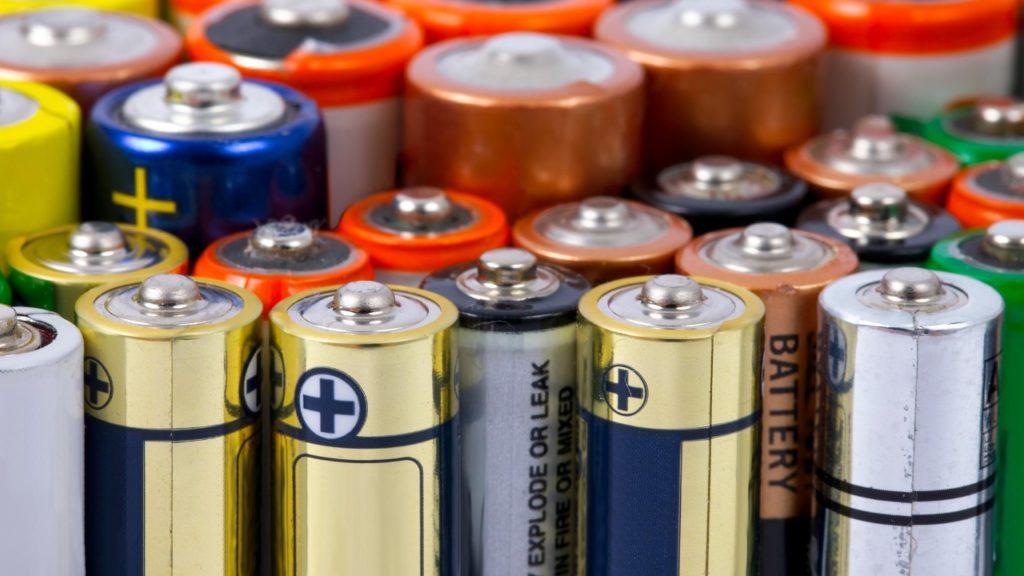Understanding the Do’s and Don’ts When Traveling with Batteries
If you’re traveling for a film production, it’s vital that you take time in understanding the do’s and don’ts when traveling with batteries. Failure to do so may lead to your equipment being damaged, trouble at the airport, or an unnecessary change in plans last minute. We’re showing you what steps you must take with batteries and air travel as well as that you must know to travel with camera batteries before you go.

Types of Batteries
There are basically two types of camera batteries that filmmakers will travel with. They include alkaline and lithium-ion batteries. Alkaline batteries are the AA or AAA batteries that most are aware of and use for basic essentials around the house. These power small accessories such as wireless microphones and boom mics as well as various other equipment.
Lithium-ion batteries are used to power cameras and other major equipment. The are generally the bigger, block style batteries that are used in film production.
Travel Limits on Alkaline Batteries
Traveling with alkaline batteries have very few, if any restrictions. In fact, the TSA does not check for these types of batteries when you travel so you can carry them on with you in your devices or check them in your luggage with ease.

Traveling with Lithium Batteries
Traveling with lithium batteries is much different. These batteries are known to explode when they are under pressure and are generally scrutinized more closely by the TSA. Restrictions are varied according to the total watt hours of the battery as follows:
- Lithium batteries that are 100 watt hours or less may be carried in the device as a carry-on or in checked luggage. They may not be loose in either case–and must be in the unit or device for which they are to be used.
- Lithium batteries that are more than 100 watt hours are sometimes allowed on carry-on bags with advanced airline approval. There is a limit of two spare batteries in this case and, again, they must not be loose.
Batteries for Travel
With the TSA restrictions, some manufacturers have opted to adjust their cinema applications to accommodate lower wattage needs. Likewise, Anton Bauer created a series of Titan batteries that are specifically made for travel and fit within the TSA regulation of 100 watt hours and 160 watt hours for travel.
Taking the steps and understanding the do’s and don’ts when traveling with batteries will ensure you don’t face any adverse challenges when you enter the airport or the screening area. You can also hire a local film crew for your film project instead.

